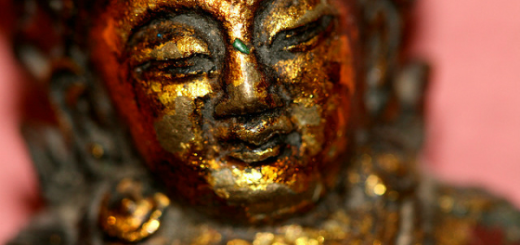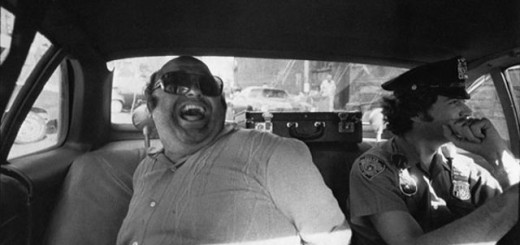Questioning Everything: Is it Any Good?
Should you really question everything? Here’s a simple tip for those prone to over-thinking…
A little critical, analytical thinking is a good thing. Without doubting ourselves sometimes we’d find it difficult to make good decisions.
Too much doubt, though, can stop us living our lives to the full. Some people can never make up their minds about their careers, their love lives or much else.
Unfortunately that sense that you’re not quite sure can leave you living in permanent limbo, never taking that final decisive step.
The problem is that we can we never really know what the outcome of our decisions will be, that’s the nature of life. But the person who never takes a risk, however small, never gets anywhere. At some point, after a little looking, you’ve got to leap.
Psychologists have found that people who doubt themselves too much end up engaging in excessive information processing which leads to procrastination and self-handicapping.
Self-doubters are also more likely to suffer from depression and social anxiety. Some soul-searching and self-analysis can be useful, but too much is a recipe for stagnation.
Shake your head
A recent study, though, points to a possible path for escaping the doubt habit.
For their research Wichman et al. (2010) recruited people who were chronically uncertain. They were then given a test which unconsciously encouraged them to be uncertain about their uncertainty. This was done by getting them to unscramble sentences which were related to uncertainty, like: “her speaker doubt I explanations” (you’re allowed to drop one word, in this case ‘speaker’).
Ironically it didn’t increase their uncertainty further but reduced it. This suggests that doubting your doubt can be useful. Of course this wasn’t a permanent solution, but it did momentarily reduce their levels of uncertainty.
Just the same effect could be seen when participants in a second study shook, rather than nodded their heads. The physical action of shaking their head while thinking about their uncertainty caused one to cancel out the other. Through this they temporarily reduced their doubts.
Doubt your doubt
This is a fascinating counter-intuitive case when lack of confidence in your own thoughts is beneficial. For some people having confidence in their doubts just leads to more procrastination, self-handicapping and worse.
Perhaps learning to doubt the doubt more will offer one way of helping to escape from some of the crippling effects of excessive self-doubt.
While shaking your head can’t be considered a miracle cure, it is interesting that doubting your doubt can work to dispel the original doubt.








